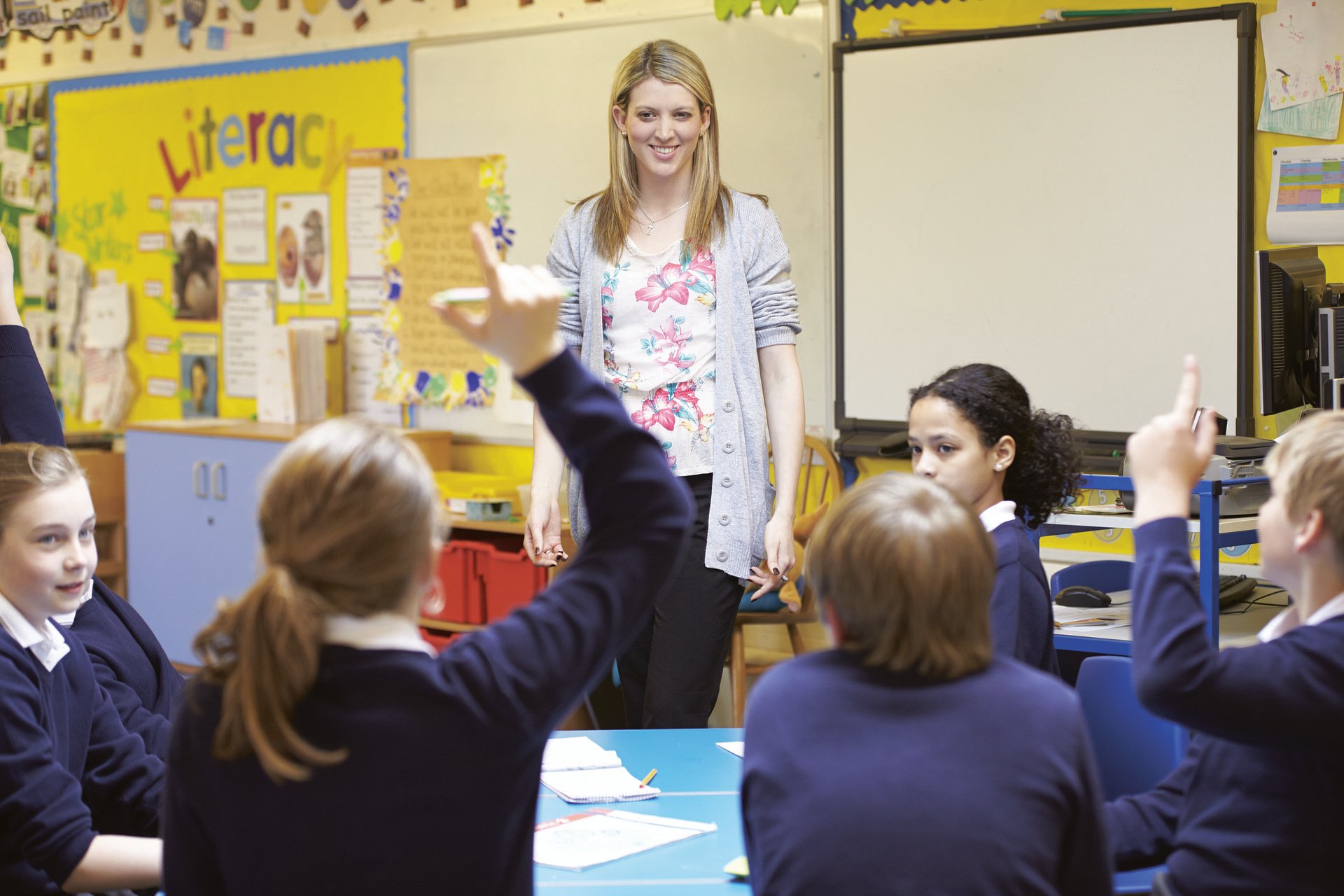Advice and Support
Keeping children safe online
Digital safeguarding is crucial and every good or outstanding primary school will already be heavily promoting safe internet use for their children. However, I have often found that the focus of most digital safeguarding training is exclusively on only the most essential aspects that prevent the absolute worst from happening.
While this is, of course, vital, it does mean that teachers might not be equipped to give children the rounded advice they need to cope with their online lives. As a result, our children are fending for themselves in what is a poorly-regulated and frankly dangerous online world.
Do you know how to advise children who have been a victim of a scam trade? Do your children know how to spot when a YouTuber isn’t telling them the truth? Do you know what loot boxes are and do you think they constitute gambling? What are the dangers of freemium gaming? These are issues that our children face on a daily basis. You absolutely need to be able to advise them.
Important: While I absolutely believe that the advice on these pages constitutes excellent advice that will protect the children under your care, I have to point out that my advice is just here to help you, that you are making your own decisions and that I am not legally liable for any decisions you make as a result of following this advice. My online safeguarding advice should supplement your existing safeguarding advice, not replace it.




